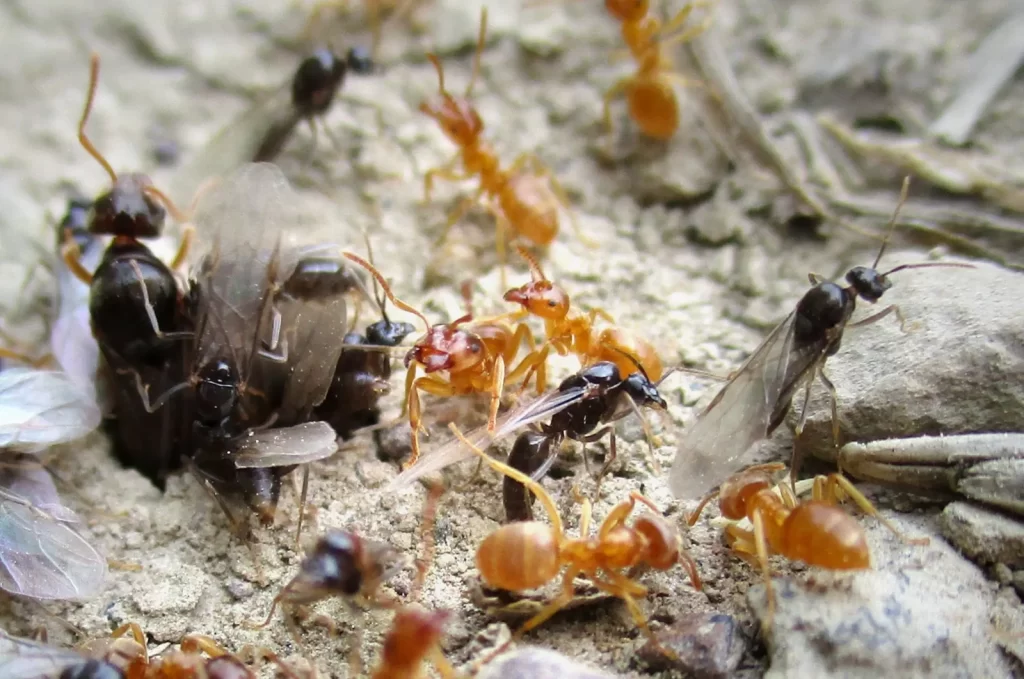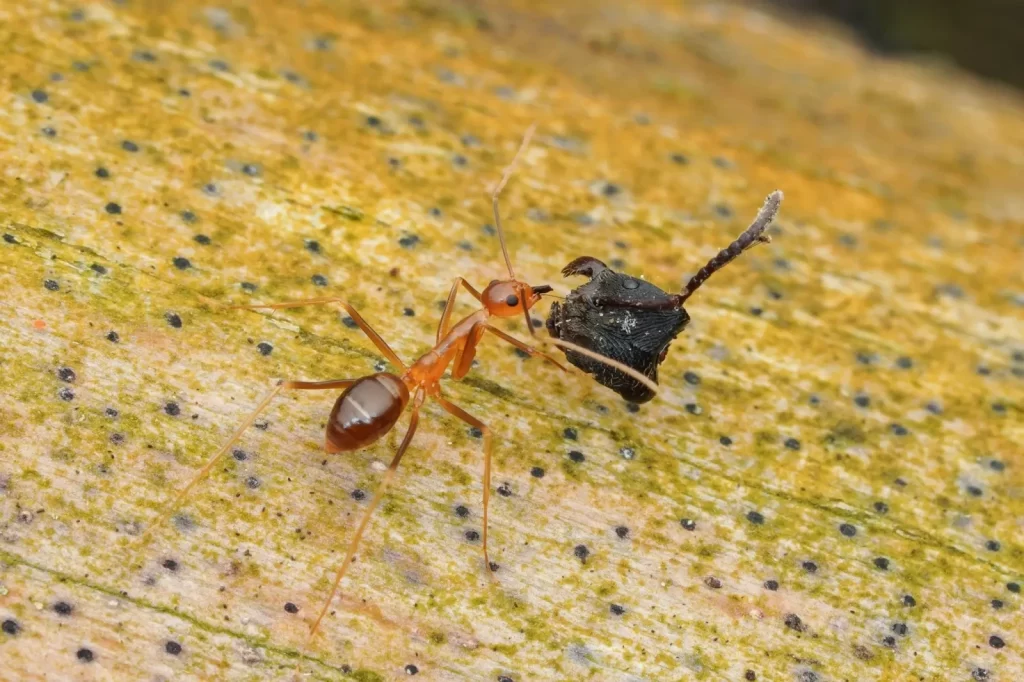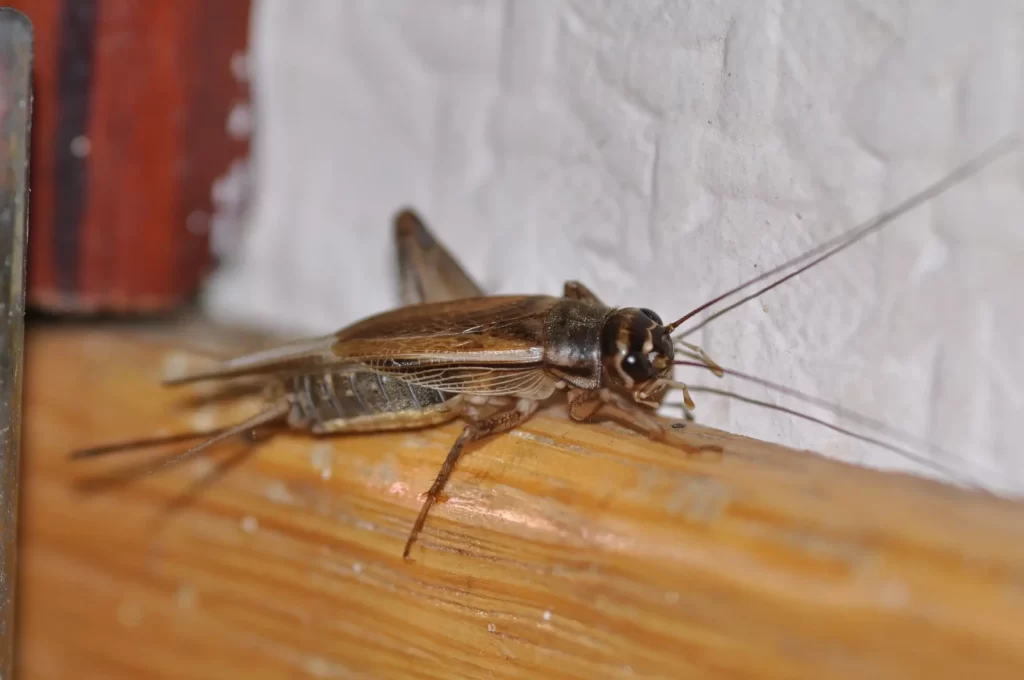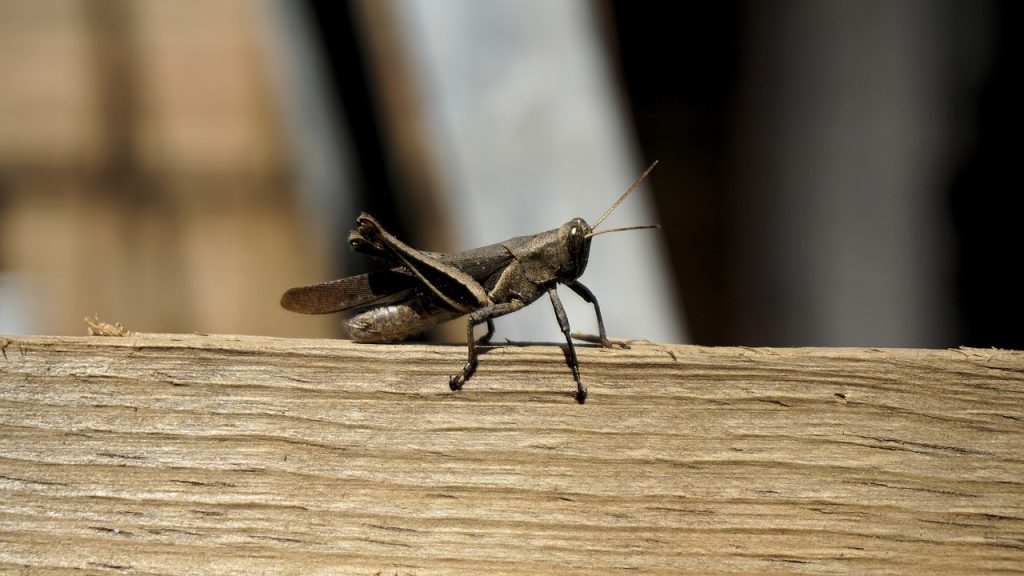Cockroaches are among the most persistent pests, capable of surviving in even the most challenging environments. However, there are certain smells and substances that they cannot tolerate. Understanding what cockroaches hate can help you keep them away from your home without resorting to chemical-laden solutions. In this article, we’ll explore natural cockroach repellents and offer practical tips on how to use them effectively.
Key Takeaways
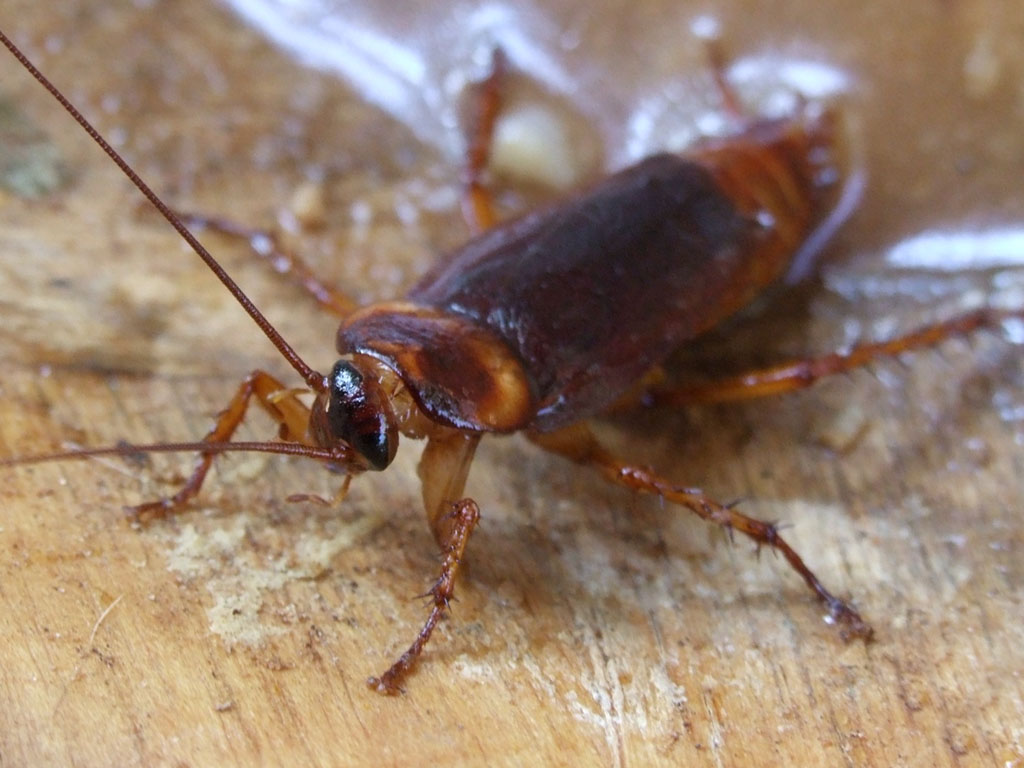
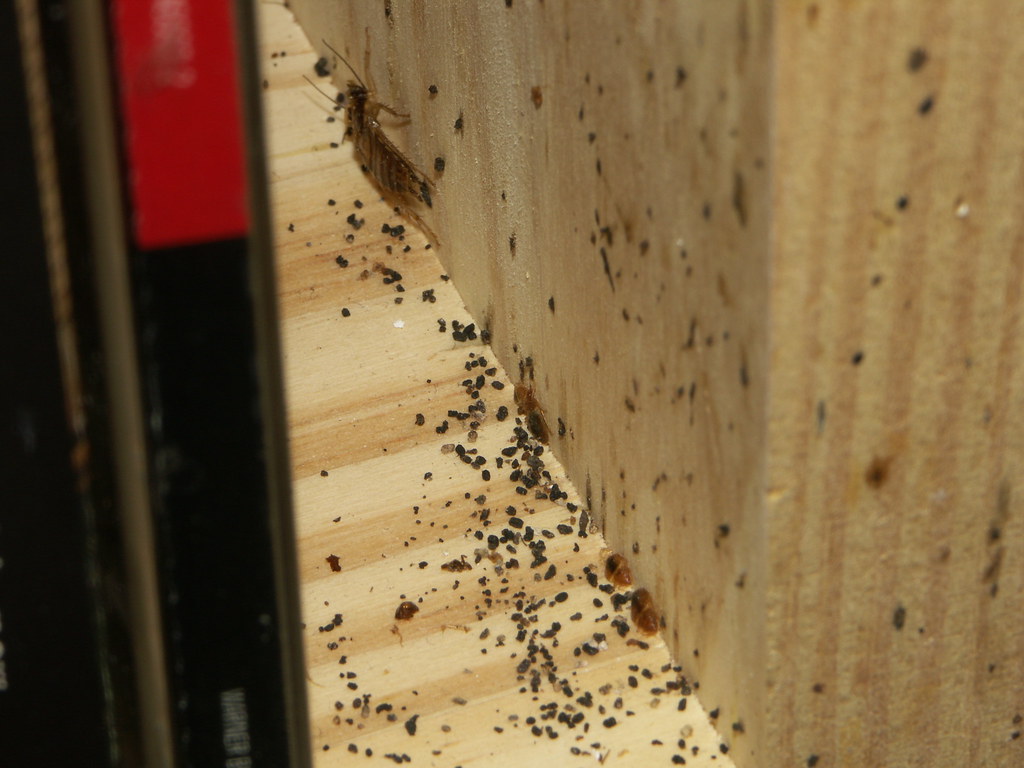
- Cockroaches are attracted to dirty environments with food particles and moisture.
- Scents like citrus, peppermint, eucalyptus, and tea tree oils act as natural cockroach repellents.
- Peppermint and lavender are effective repellents.
- Vinegar, garlic, onion, and cucumber also repel cockroaches.
- A mixture of boric acid and sugar attracts and kills cockroaches quickly.

What Do Cockroaches Hate?
While cockroaches can thrive in various environments, there are specific things that they find highly unpleasant. One of the most significant factors is cleanliness. Cockroaches are attracted to dirty environments where food particles, moisture, and warmth are abundant. Keeping your home clean, dry is a natural way to make your space less appealing to them. Regularly vacuuming floors, wiping down countertops, and properly storing food can significantly reduce your chances of attracting cockroaches. Additionally, cockroaches dislike certain scents. Citrus, for example, is a smell they avoid. Whether it’s the scent of lemon, orange, or lime, using citrus-based cleaners or placing citrus peels around areas where cockroaches frequent can help repel them. Another natural deterrent is essential oils, which are known for their strong scents. Cockroaches dislike the smell of peppermint, eucalyptus, and tea tree oils.What Smell Do Cockroaches Hate?
Peppermint oil is one of the most well-known cockroach repellents. The strong aroma of peppermint disrupts their sensory system, making your home an unwelcoming place for them. You can make a simple peppermint spray by adding a few drops of oil to water and applying it around your home, focusing on entry points, dark corners, and areas behind appliances. Another smell cockroaches detest is lavender. While humans enjoy the soothing scent of lavender, it acts as a powerful deterrent to cockroaches. You can use lavender sachets or essential oil sprays in areas where cockroaches are likely to hide. Similarly, bay leaves emit a strong, pungent scent that cockroaches hate. You can place bay leaves in cupboards, near trash cans, or under appliances to keep them away. What Smells Repel Cockroaches? Several natural smells have been proven to repel cockroaches effectively. Vinegar is a simple yet powerful deterrent. Cockroaches cannot stand the strong smell of vinegar, which interferes with their ability to detect food. You can wipe down surfaces with a solution of vinegar and water, especially in the kitchen and bathroom, where cockroaches often gather. Garlic and onion are also strong-smelling foods that cockroaches dislike. You can boil garlic and onion in water to create a spray that can be applied in areas where cockroaches are present. Cucumber peels are another natural repellent. Fresh cucumber emits a scent that cockroaches find repulsive, making it an easy and natural way to deter them. Simply place fresh cucumber peels near entry points or problem areas and replace them regularly.What Repels Cockroaches Instantly?
While many natural repellents work over time, some can have immediate effects. One of the most potent methods for quickly repelling cockroaches is a mixture of boric acid and sugar. Although not scent-based, this method works by attracting cockroaches with the sugar and then killing them with the boric acid. This combination can be spread in areas where cockroaches are active for fast results. In terms of smells, peppermint oil is highly effective in instantly repelling cockroaches. Its strong, minty scent is unbearable for them, making it a go-to option for anyone looking to address a cockroach problem quickly. Similarly, using a citrus-based cleaner can instantly disrupt a cockroach’s navigation, as they find the scent overwhelming. Applying citrus-scented cleaners on kitchen surfaces or areas frequented by cockroaches can drive them away almost immediately.
